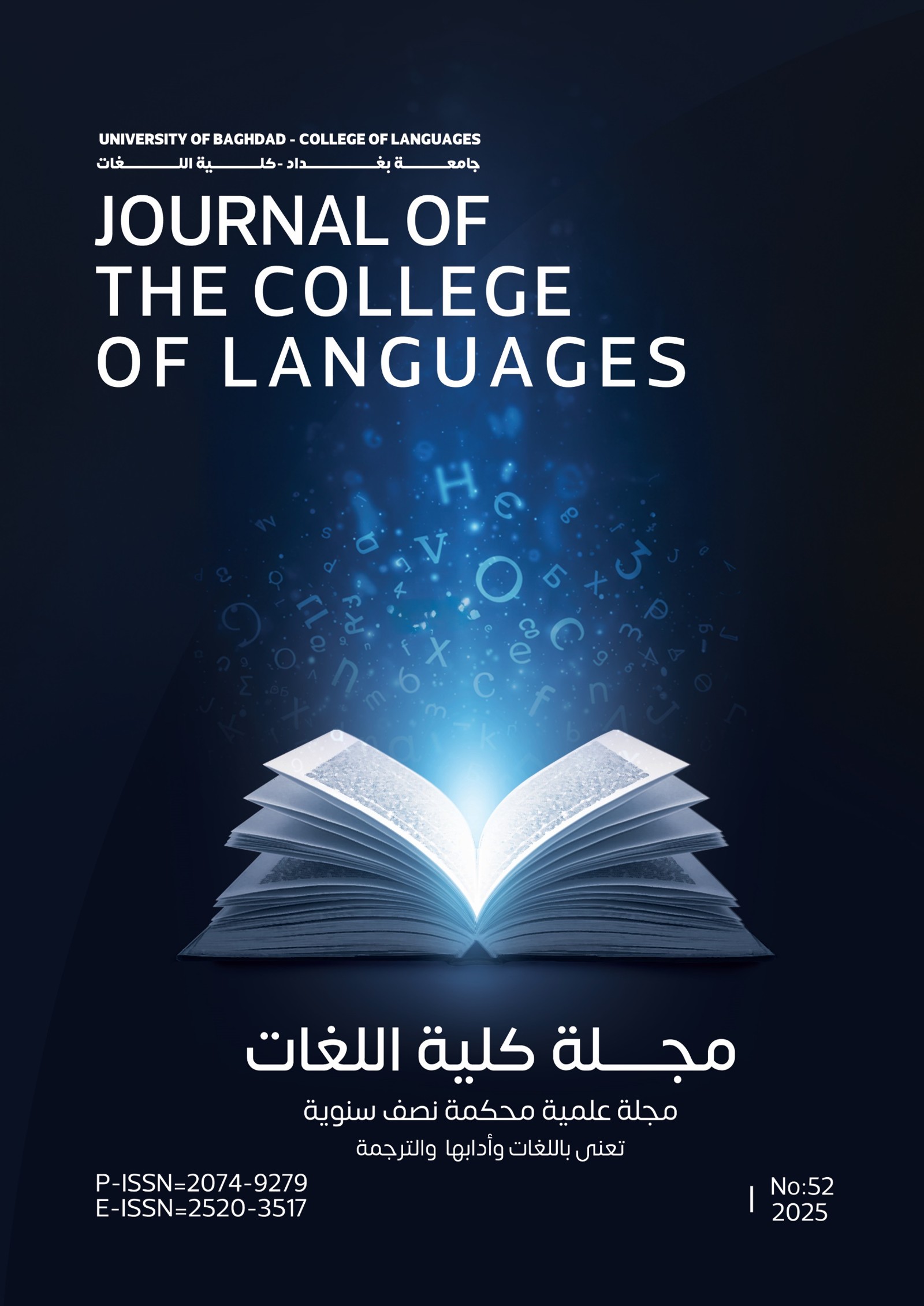
Publication Ethics
JCL is committed to upholding the integrity of the academic record. JCL supports the standards of ethical behavior expected of all parties involved in publishing in our journal: the researcher, the journal's editorial board, the peer reviewer, and the publisher. JCL publication ethics and the publication malpractice statement are primarily based on the Code of Conduct and Best Practice Guidelines for Journal Editors (Committee on Publication Ethics, COPE).
Editorial Board Duties
1.Publication Decisions
The Editorial Board is responsible for approving the publication of scientific research submitted to the journal. The decision to publish a research paper will always be evaluated in accordance with the terms and conditions announced to the authors. Publication decisions must be made regardless of race, gender, religious background, ethnicity, nationality, or political philosophy and are bound by ethical and legal requirements governing copyright, infringement, and plagiarism. Emphasis is placed on the academic value of the work, the integrity of the scientific research, language, and citation. The Editorial Board adheres to ethical standards to serve the academic community and our journal's readers transparently.
2. Confidentiality
The editorial board must not disclose any information about submitted research to anyone other than the corresponding researcher, reviewers, potential reviewers, other editorial advisors, and the publisher, as appropriate.
3.Disclosure and Conflicts of Interest
Unpublished content revealed in a manuscript submitted to our journal must not be made use of by the editors in research of their own without a prior written statement of consent by the author(s). Information or ideas obtained through peer review must be kept confidential and not used for personal gain. Editors must decline to consider manuscripts in which they have a conflict of interest arising from competitive, collaborative, or other relationships with any of the authors or institutions associated with the paper. Editors must require all contributors to disclose relevant competing interests and publish corrections if competing interests are discovered after publication.
Responsibilities of Peer-reviewers
1.Contributions to Editorial Decisions
The peer review process assists the editor in making editorial decisions and, through editorial communications with the researcher, may also help the researcher improve the manuscript. Peer review is an essential component of formal scientific communication and lies at the heart of the scientific method. In addition to the specific ethical duties outlined below, reviewers are generally required to treat researchers and their work as they would like to be treated and to observe good review manners.
2.Promptness
The editor must notify and excuse themselves from participating in the review process if they feel unqualified to review the submitted manuscript or know that a prompt review will be impossible.
3.Confidentiality
Reviewers must treat manuscripts submitted for review confidentially. Information or ideas obtained through peer review must be kept confidential and not used for personal gain. Documents and papers may not be disclosed or discussed with others, except as authorized by the journal editor.
4.Objectivity Standards
Reviews must be conducted objectively. Reviewers must be aware of any personal biases they may have and take this into account when reviewing the manuscript. Personal criticism of the author is inappropriate. Reviewers must express their views clearly, with supporting arguments.
5.Acknowledgment of Sources
Peer reviewers must identify relevant published work that the authors have not cited. They must notify the editorial board of any author's non-compliance with the journal's publication standards and ensure that the references are valid and that the sources match those cited in the references. They must also draw the editor's attention to any significant similarities or overlaps between the manuscript under consideration and any other published work of which they have personal knowledge.
6.Disclosure and Conflict of Interest
Information or ideas obtained through the peer review process must be kept confidential and not used for personal purposes. Reviewers should not consider research where they have a conflict of interest due to competitive or collaborative relationships with researchers or research-related institutions.
Responsibilities of Authors
Reporting Standards:
Researchers must provide a thorough description of the work completed and an objective discussion of its significance. The research must contain sufficient detail and references to allow others to replicate the work.






